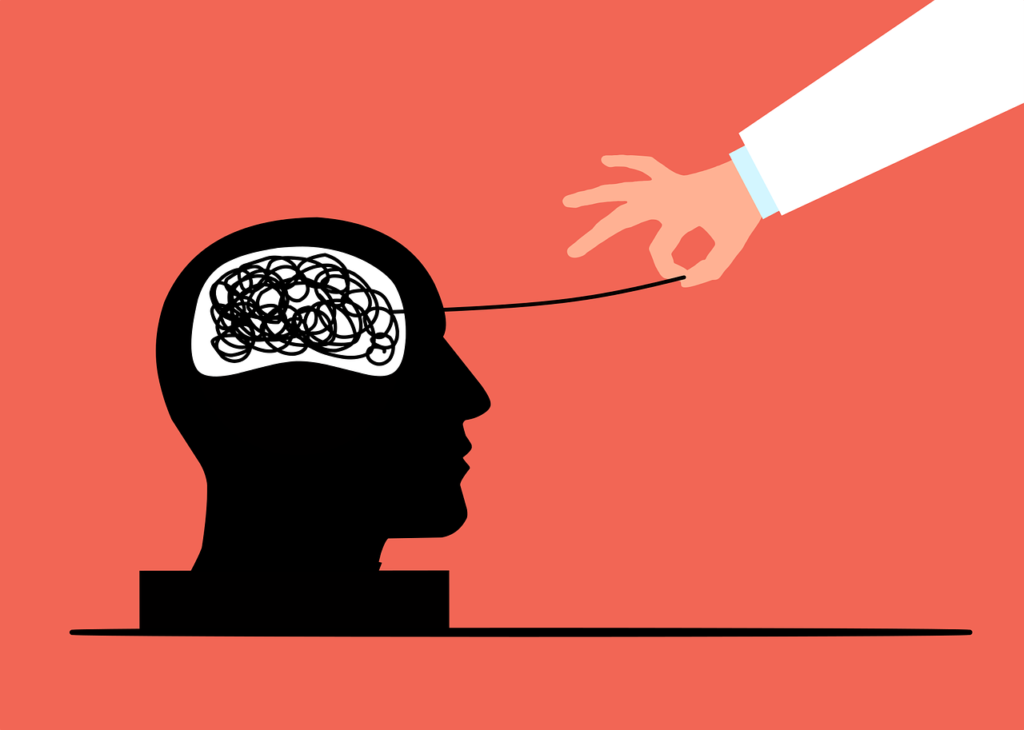
In recent years, mental health has become one of the most urgent concerns among students around the world. As academic pressure, social expectations, and personal struggles increase, many young people find themselves silently battling stress, anxiety, loneliness, and even depression. Raising awareness about mental health is no longer optional – it is essential for building a healthy, productive, and emotionally resilient student community.
This article explores the importance of mental health awareness for students, common mental health challenges they face, and practical steps to seek help and support.
What is Mental Health and Why Does It Matter?
Mental health refers to a person’s emotional, psychological, and social well-being. It affects how we think, feel, and act. For students, good mental health is critical for concentration, decision-making, relationships, and academic performance.
Ignoring mental health can lead to serious consequences such as academic failure, substance abuse, self-isolation, or long-term psychological issues. Unfortunately, due to stigma or lack of awareness, many students do not seek help in time.
Common Mental Health Challenges Among Students
Students today face a unique combination of challenges. Let’s look at some of the most common mental health concerns in student life:
1. Stress
Stress is a natural response to pressure or demand. Students often deal with stress from exams, deadlines, competitive environments, family expectations, or financial problems. While short-term stress can motivate performance, long-term stress can lead to burnout or health issues.
2. Anxiety
Anxiety goes beyond regular nervousness. It includes excessive fear or worry that can interfere with daily life. Social anxiety, exam anxiety, and general anxiety disorder are common among students. Physical symptoms can include sweating, racing heartbeat, restlessness, or trouble sleeping.
3. Depression
Depression is more than feeling sad. It’s a mental health disorder that affects mood, thoughts, and energy levels. Students with depression may lose interest in activities, experience fatigue, feel hopeless, or withdraw from social contact. It can severely impact academic success and quality of life.
4. Loneliness and Isolation
Many students, especially those studying away from home, feel lonely or disconnected. Lack of emotional support or difficulty making friends can increase feelings of isolation, which may lead to depression or anxiety.
5. Tension and Academic Pressure
The pressure to succeed academically and plan for the future can overwhelm students. Unrealistic expectations from self or others may lead to chronic tension, self-doubt, or unhealthy perfectionism.
Why Mental Health Awareness Matters
Mental health awareness helps break the stigma around psychological struggles. It allows students to recognize symptoms early, access support without shame, and talk openly about their feelings.
Key benefits of spreading awareness include:
- Early detection and prevention of serious issues
- Encouragement to seek help before a crisis occurs
- Improved emotional intelligence and empathy among peers
- Better academic performance and reduced dropout rates
Educational institutions that prioritize mental well-being often see more focused, balanced, and motivated students.
Signs You Shouldn’t Ignore
If you or someone you know is experiencing any of the following signs, it may be time to speak with a counselor, therapist, or mental health professional:
- Persistent sadness or hopelessness
- Difficulty concentrating or making decisions
- Changes in sleep or eating habits
- Withdrawal from friends or activities
- Feelings of worthlessness or guilt
- Thoughts of self-harm or suicide
Awareness begins by recognizing that mental health struggles are not a weakness – they are part of the human experience and can be managed with the right help.
What Students Can Do to Protect Their Mental Health
There are many practical strategies students can use to maintain emotional wellness. Here are a few proven approaches:
– Practice Self-Care
Regular sleep, healthy eating, physical activity, and mindfulness practices like meditation or deep breathing can greatly reduce stress.
– Limit Social Media Use
Excessive social media use can worsen anxiety and self-esteem issues. Set boundaries and avoid comparing your life to others online.
– Build Strong Support Systems
Stay connected with friends, family, mentors, or support groups. Talking about your feelings can lighten emotional burdens.
– Organize Your Time
Effective time management reduces last-minute pressure. Use planners, to-do lists, or digital tools to break tasks into manageable steps.
– Seek Professional Help When Needed
Don’t hesitate to approach a school counselor or therapist. Mental health professionals can guide you through stress, anxiety, and deeper emotional concerns.
How Colleges and Schools Can Promote Mental Health Awareness
Institutions play a key role in shaping mental health culture. Here’s how they can make a difference:
- Organize awareness campaigns and mental health weeks
- Offer free or low-cost counseling services
- Train faculty to identify early signs of mental distress
- Provide workshops on stress management, emotional resilience, and coping strategies
- Create peer support programs or safe spaces for open dialogue
When schools take responsibility for mental health education, students feel more seen, supported, and safe.
Final Thoughts
Mental health awareness is more than just a buzzword – it’s a life-saving conversation that every student deserves to have. By understanding the signs of stress, anxiety, depression, and loneliness, students can take control of their mental well-being, seek timely help, and support others who may be struggling in silence.
Let’s continue to break the stigma, speak openly, and build a future where mental health is treated with the care, respect, and urgency it truly deserves.